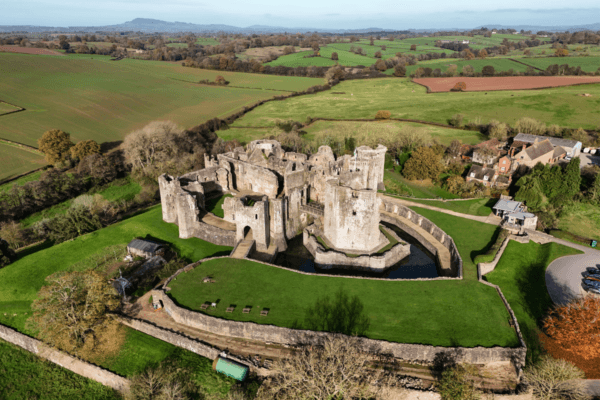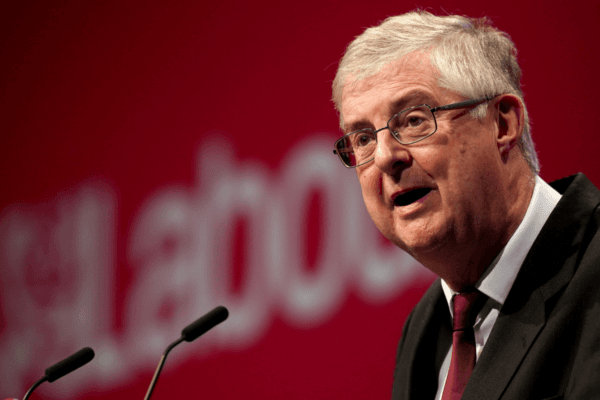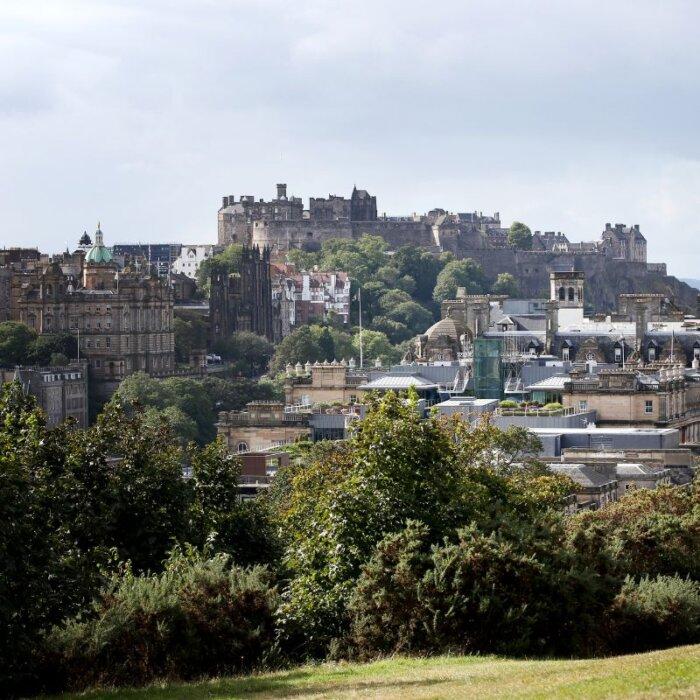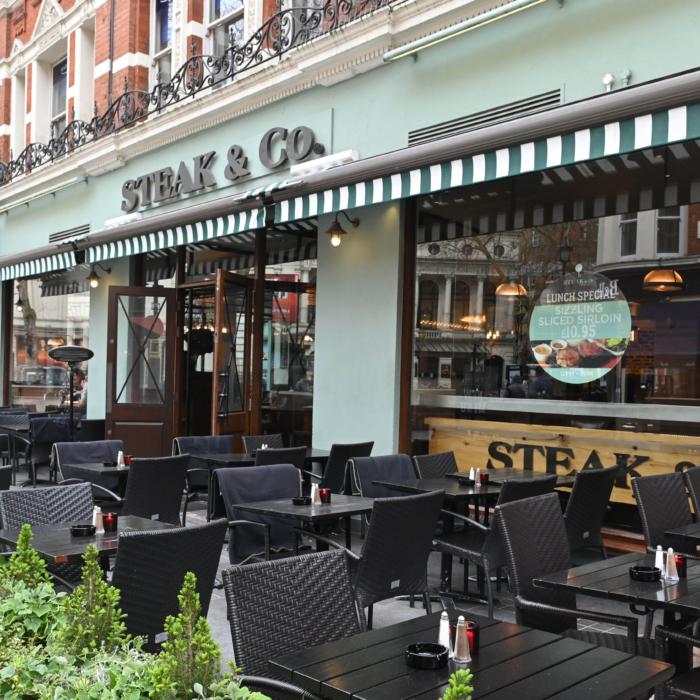The Welsh Government has introduced legislation which would give local authorities the power to charge visitors a tax for staying overnight.
Under the plans outlined in the Visitor Accommodation (Register and Levy) Etc. (Wales) Bill, anyone staying in a hostel or on a campsite would pay a “visitor levy” of 75p per night.
This levy would nearly double to £1.25 per person per night for all other types of accommodation, including hotels, self-catering properties, and Airbnbs.
The measures will first need to be approved by the Senedd—Wales’s parliament—and councils would not be able to introduce the tax until 2027.
‘Principle of Fairness’
The Labour-led government says the money raised will be retained by local authorities and reinvested to support local infrastructure and tourism activity.Drakeford said that bill is “rooted in the principle of fairness.”
The finance minister said that because tourism makes an important contribution to the Welsh economy, “we believe it is fair visitors contribute towards local facilities, helping to fund infrastructure and services integral to their experience.”
“Visitor levies are common around the world, benefiting local communities, tourists and businesses—and we want the same for Wales,” he said.
Councillor Andrew Morgan, header of the Welsh Local Government Association (WLGA), backed the plans, saying it was a way to give councils an opportunity to raise extra funds “to support local services and improve amenities that benefit both visitors and the community.”
Potential Impact on Sector
William McNamara, the chief executive of Bluestone National Park Resort in Pembrokeshire, one of the largest tourism businesses in Wales, said that while the industry now has more clarity on the proposed levy, “there remain concerns about its potential impact on the tourism sector.”McNamara said in a statement emailed to The Epoch Times, “Wales risks becoming less attractive to visitors, especially families, who may view this as an additional cost in an already competitive UK market, particularly as this levy is not being introduced in England.”
He continued that Bluestone recognises the needs to invest in local services and infrastructure, “but it is crucial that this levy is implemented thoughtfully and transparently to support both visitors and businesses – especially for those already navigating economic challenges.”

Tourism Tax ‘Risks Jobs’
The Welsh Conservatives have criticised the plans, saying that the tax risks jobs.Shadow minister for finance and local government Peter Fox said: “A tourism tax will risk jobs at a time when businesses are being clobbered by Labour, it will impose red tape, and it will work against its own aims by encouraging visitors to use more council-maintained attractions and services.
“Our tourism industry should be nurtured by the Welsh Government, not hamstrung by new taxes.”

The Conservative Member of the Senedd’s warning over the pressures being faced by businesses follow the decision by central government to raise the rate of employer National Insurance Contributions (NICs).
Edinburgh’s Tourist Tax
This year, the Scottish Parliament passed legislation which gave councils the power to introduce visitor levies, paving the way for Edinburgh to become to first place in Scotland to introduce a city-wide tourism tax.Under the draft plans backed by councillors in August, tourists would be charged a 5 percent tax on accommodation per night, capped at seven consecutive nights. The final scheme will be agreed in January and the Visitor Levy will come into force in the summer of 2026.
But Manchester and Liverpool councils, among others, have introduced a form of levy via a legal workaround, using a tourism-based Business Improvement District (BID) mechanism which collects additional business rates from businesses in certain areas.
The Manchester BID levy, for example, is expected to raise £3.5 million to £3.8 million per year between 2023 and 2028.







